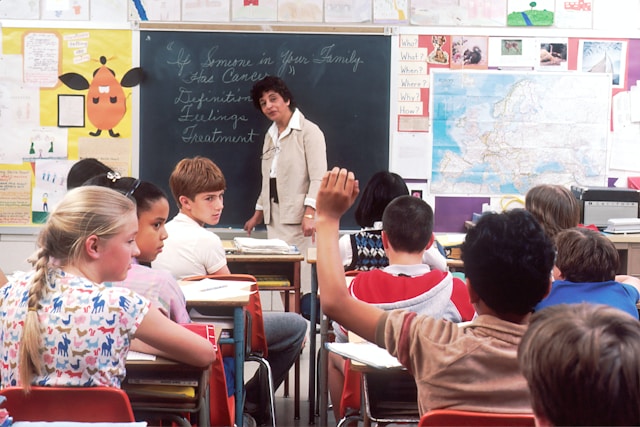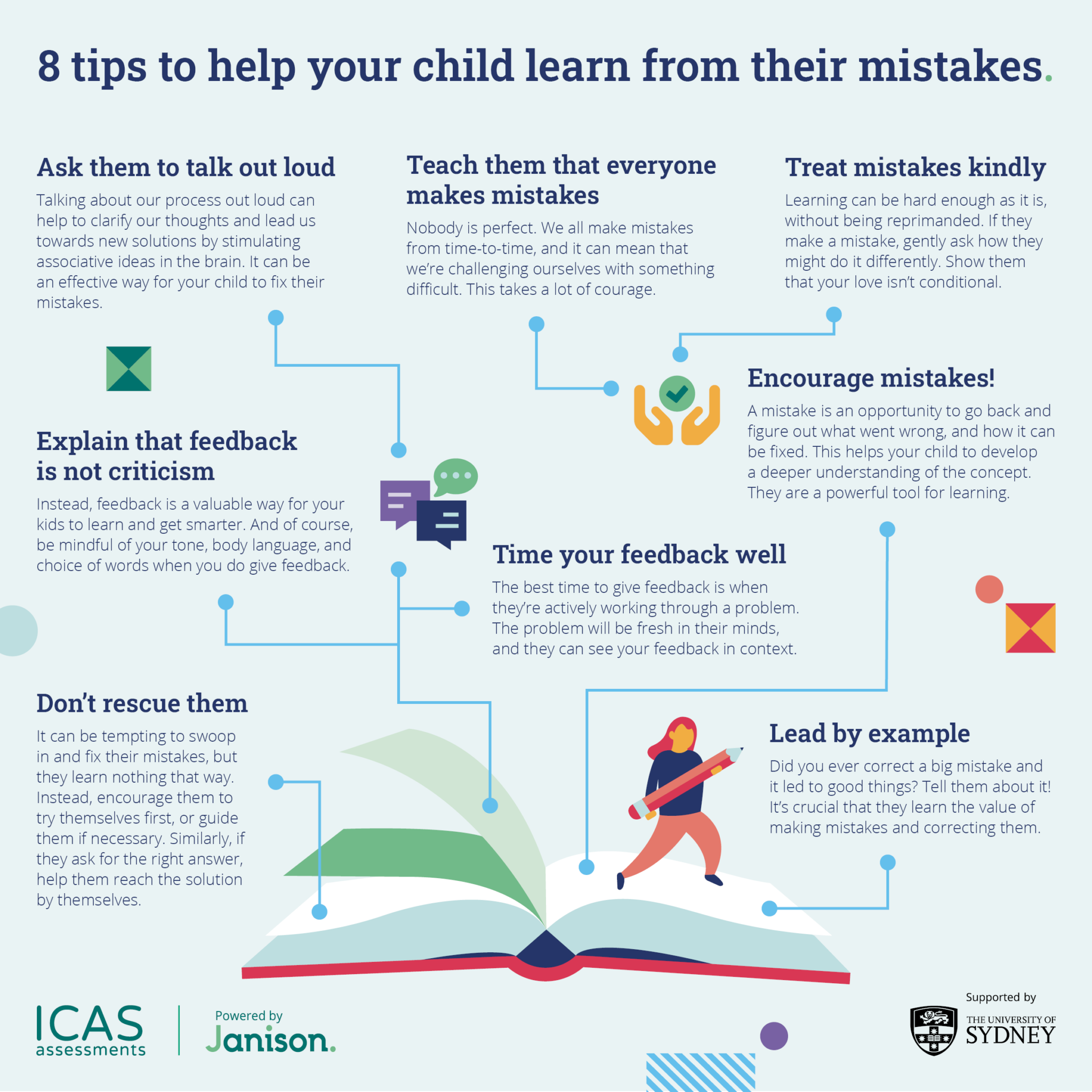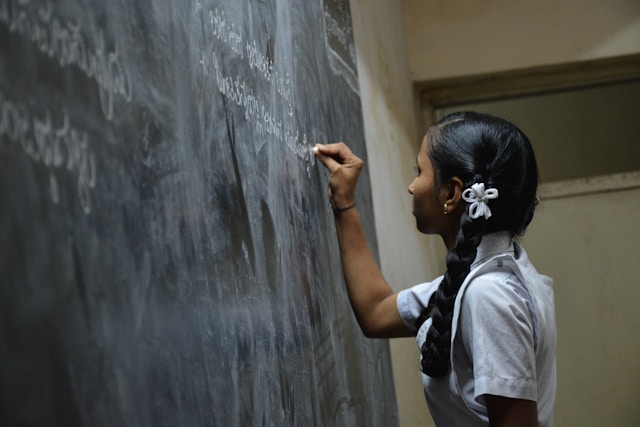Teaching Kids to Go Over Their Mistakes
A surprising revelation from a study done with Grade 8 students shows that going over mistakes made learning easier.
Traditional wisdom tells you not to dwell on your mistakes and that it is basically pointless. Most therapists will also tell you that focusing on your errors isn’t just unpleasant but linked to poor problem-solving. In recent years though, a growing body of evidence now points in the other direction, at least for children. Engaging students to focus on errors and the reasons for them, facilitates learning from those errors, they say. Here is an example.
In recent years though, a growing body of evidence now points in the other direction, at least for children. Engaging students to focus on errors and the reasons for them, facilitates learning from those errors, they say. Here is an example.
In the Spring of 2016, a public school in New York conducted a study with 13-year old children studying math. Researchers determined to find the best way to study for a test, asked half the students to take a practice test first. They received no instruction and worked independently. The following day, their teachers went over their mistakes to make sure they understood why they made those mistakes.
The other half had a traditional review class where the teachers worked through a study guide and explained to them how to solve the problems, step by step. Then, the two groups swapped and the kids who were taught via traditional, explicit instruction switched to the other method to taking a test first and learning through their mistakes.
Even though both groups improved by the same percentage (12%) there was one big difference. Learning through errors was twice as powerful. Teachers had to spend only half the time they spent teaching the traditional way when they used the “learning from the errors” method.
Contrary to popular belief, the technique can even improve confidence in children. In Infyni’s SAT classes, instructors use a similar technique when coaching kids for the test. “I start them with the traditional method of instruction,” explains Rohit Maiya, “and towards the end of the course, they take the test.” Each student gets to discuss where they went wrong and why they did with Maiya. That way they never forget the mistake and what they learnt new, he says.
Infyni’s SAT classes are all live and online with kids enrolled from almost a year in many cases. Starting early, we see their scores improve gradually, he observes.
Students, and children are meant to experience setbacks and struggles as part of learning. This is a view deeply entrenched in the Japanese system where praise is scarce and could be one of the reasons, explain authors in their 1994 book, The Learning Gap that Japanese students outperform American children in math. In contrast American teachers tend to praise correct answers while overlooking the errors children make.

There have been some excellent studies to prove how someone got the wrong answer, and also how someone got the right answer is very important to dislodge the wrong idea permanently from the child’s mind. This could be more effective than asking the child to explain the right answer.
Here are some very simple practices to introduce the idea that it is perfectly fine to make mistakes, shared by the University of Sydney.

To get the best out of Infyni’s SAT classes, attend a few of our classes and how they are different from other courses. Send us a mail to drop in for free. Classes are typically held once a week for an hour. Or give us a call at +1-813-944-3309 or drop us a mail at contact@infyni.com




Leave feedback about this